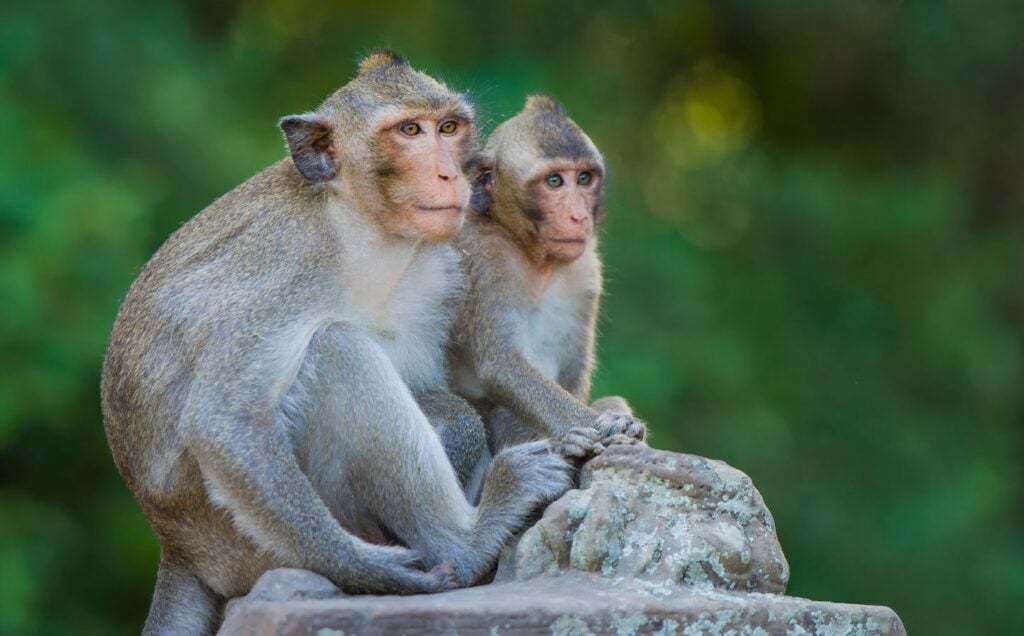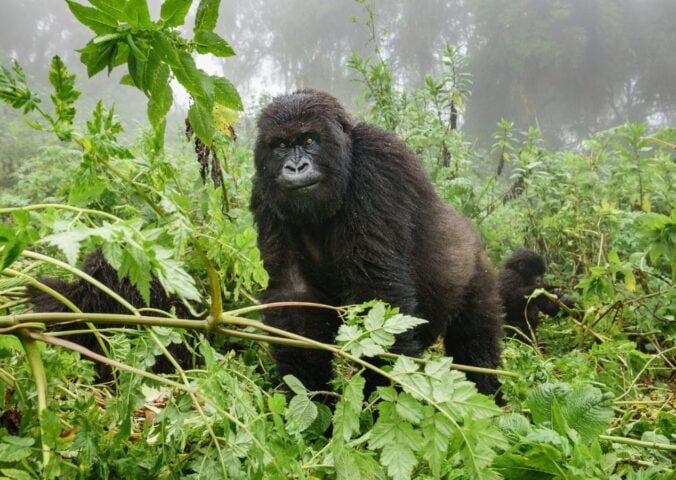There has been a huge human-driven loss of species in the last 50 years, new research has found.
The Living Planet Report, which is published every two years by the WWF and Zoological Society of London (ZSL), found that wildlife populations have declined by an average of 69 percent between 1970 and 2018. Two years ago, the figure was at 68 percent. Four years ago, it was 60 percent.
The report says that the total loss is equivalent to losing the human populations of Europe, the Americas, Africa, Oceania, and China.
“The staggering rate of decline is a severe warning that the rich biodiversity that sustains all life on our planet is in crisis, putting every species at risk – including us,” the report states.
The new report is its most comprehensive to date on trends in global biodiversity and the health of our planet.
The authors are urging world leaders to reach an ambitious agreement at this year’s COP15 biodiversity summit, which takes place in Canada in December.
“The climate and nature crisis is not only an environmental issue but an economic, development, security, social, moral and ethical issue too,” the report says. “Our world’s most vulnerable people, places, and wildlife – and those least responsible for the climate and nature crisis – are at greatest risk, and already suffering.”
Learnings from the report
The report found that the Caribbean and Latin America – including the Amazon – have all seen the biggest decline. Wildlife populations have decreased an average of 94 percent in these areas in 48 years.
Speaking about the losses in the Amazon, Mark Wright, Director of Science at WWF, told Plant Based News (PBN), referred to agricultural-related deforestation. “We know that the Amazon is critical in our fight against climate change – if we lose the Amazon we will lose the climate fight,” he said.
“The most important decisions about the future of the Amazon will be made by the Brazilian government but it’s important that other countries, including the UK, ensure that all products, whether food or gold, linked to deforestation are removed from product supply chains.”
The report also found that Africa has lost 66 percent, Asia and the Pacific 55 percent, and North America 20 percent. Europe and Central Asia both lost 18 percent.
What is driving biodiversity loss?
The report states that land use change is the key driver of biodiversity loss.
“At a global level, primarily the declines we are seeing are driven by the loss and fragmentation of habitat driven by the global agricultural system and its expansion into intact habitat converting it to produce food,” Mike Barrett, executive director of science and conservation at WWF-UK, told the Guardian.
Another 2021 report published by the UN previously identified agriculture as a “primary driver” of biodiversity loss. It stated that the world needs to move toward a “plant-heavy” diet to combat the problem.
Animal agriculture has also previously been found to be responsible for around 91 percent of Amazon deforestation. This is due to the vast amounts of land needed to rear livestock, particularly cattle.
The UN report found that, in order to preserve biodiversity, we need to “avoid converting land for agriculture.”
“Human dietary shifts are essential in order to preserve existing native ecosystems and restore those that have been removed or degraded,” it added.






